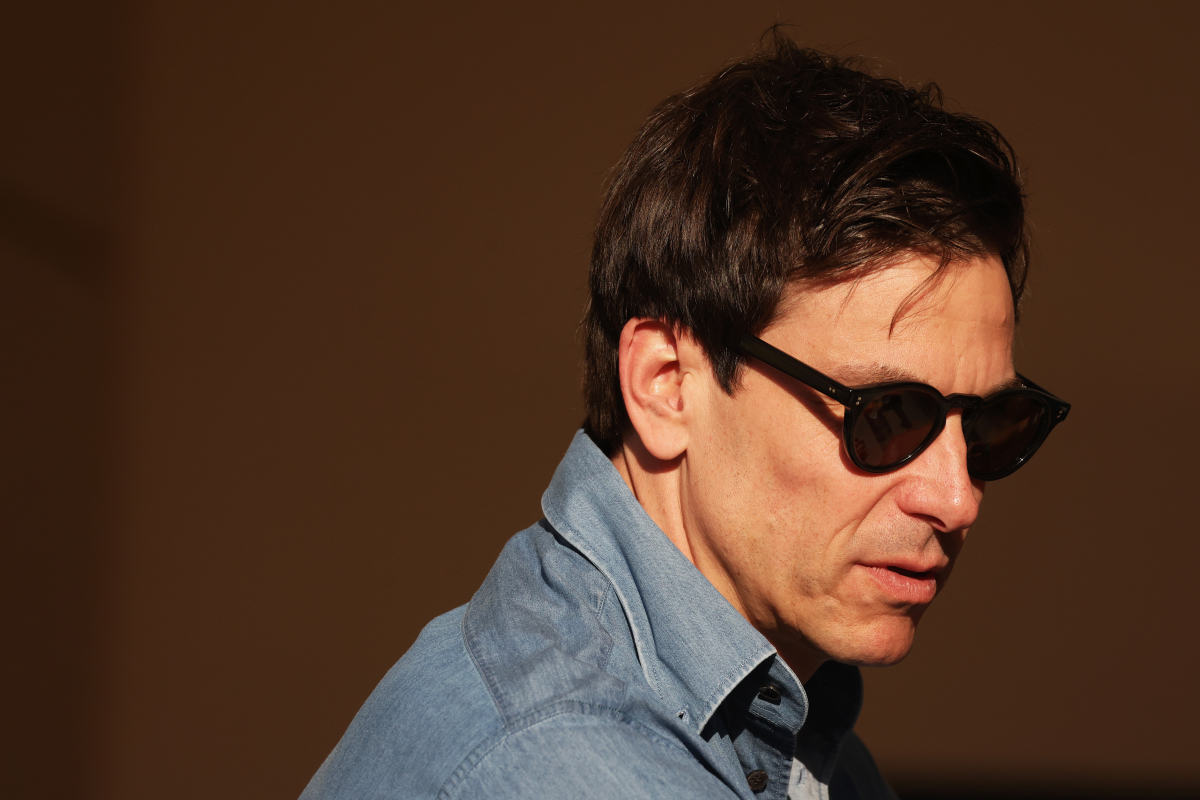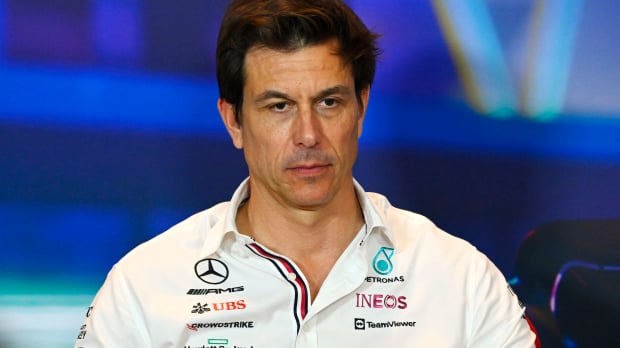
Latest News

F1 News & Gossip
F1 track replaces iconic venue in calendar rotation agreement
- 1 hour ago

Latest F1 News
Fernando Alonso gives 'confidence' verdict after Adrian Newey's Aston Martin testing disaster
- 2 hours ago

F1 Legends
VOTE: Who's more likely to retire from F1 first - Lewis Hamilton or Fernando Alonso?
- 3 hours ago

McLaren
Zak Brown confirms ‘strategic’ use of papaya rules
- Today 09:59

Red Bull
How Max Verstappen treated former F1 team-mate might surprise you
- Today 09:14

Latest F1 News
Aston Martin face ‘six-month wait’ to fix major issue
- Today 08:27
Most read

15.000+ views
Daniel Ricciardo is back in F1, but this time it's different
- 31 january

15.000+ views
Lewis Hamilton finally breaks his silence on Kim Kardashian dating rumours
- 12 february

10.000+ views
Lewis Hamilton split prompts major Angela Cullen decision
- 5 february

10.000+ views
F1 2026 WAGs: Lewis Hamilton is 'dating Kim Kardashian'?
- 2 february

5.000+ views
F1 Testing 2026: Bahrain schedule, start times and how to watch live
- 12 february

5.000+ views
F1 Testing Results: Bahrain timesheets as Lewis Hamilton suffers late Ferrari blow
- 13 february




























 Grand Prix of Australia 2026
Grand Prix of Australia 2026  Grand Prix of China 2026
Grand Prix of China 2026  Grand Prix of Japan 2026
Grand Prix of Japan 2026  Grand Prix of Bahrain 2026
Grand Prix of Bahrain 2026  Saudi Arabian Grand Prix 2026
Saudi Arabian Grand Prix 2026  Grand Prix du Canada 2026
Grand Prix du Canada 2026  Grand Prix De Monaco 2026
Grand Prix De Monaco 2026  Gran Premio de Barcelona-Catalunya 2026
Gran Premio de Barcelona-Catalunya 2026  Grand Prix of Austria 2026
Grand Prix of Austria 2026  Grand Prix of Belgium 2026
Grand Prix of Belgium 2026  Grand Prix of Hungary 2026
Grand Prix of Hungary 2026  Grand Prix of Azerbaijan 2026
Grand Prix of Azerbaijan 2026  Grand Prix of Singapore 2026
Grand Prix of Singapore 2026  Gran Premio de la Ciudad de Mexico 2026
Gran Premio de la Ciudad de Mexico 2026  Grande Prêmio de São Paulo 2026
Grande Prêmio de São Paulo 2026  Qatar Grand Prix 2026
Qatar Grand Prix 2026  Grand Prix of Abu Dhabi 2026
Grand Prix of Abu Dhabi 2026 